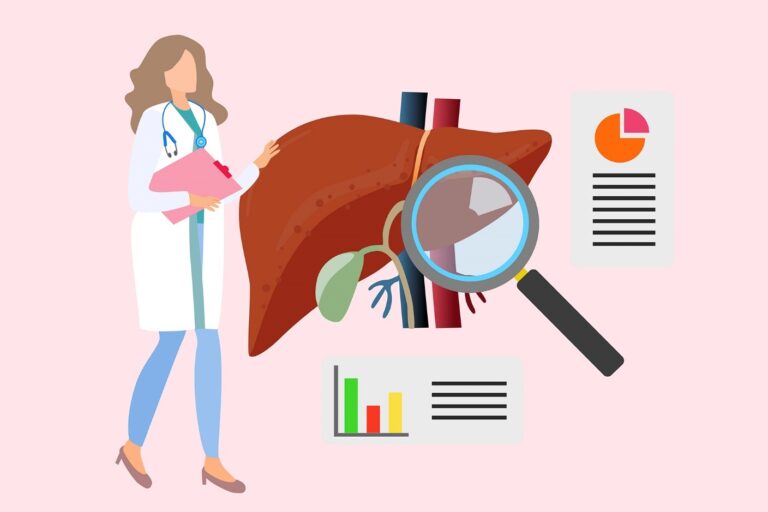
Contents
Hematology & Importance of Blood in the Body
Hematology is the study of blood and illnesses of the blood-forming organs. Blood’s components —platelets, plasma, WBC, and RBC—serve several bodily purposes. Its importance cannot be overestimated. From oxygen delivery to immune defense and bleeding, it affects everything. Knowing the details of blood composition and function is essential. It helps in addressing a wide range of hematological disorders.
Understanding Blood Disorders
Blood illnesses include a wide spectrum of issues. It impacts the structure and production of blood cells and plasma. These disorders can cause a broad range of symptoms, from fatigue to life-threatening worries. Such as –
- Anomalies in cell counts
- Coagulation processes
- Immunological responses
Overview of Common Blood Disorders
Common blood illnesses include anemia, leukemia, lymphoma, and hemophilia. Anemia causes fatigue, but leukemia and lymphoma limit blood cell formation. In a genetic condition, Hemophilia affects blood clotting, causing blood loss.
Causes and Risk Factors
There are many causes of blood problems, including genetic predispositions, environmental influences, and underlying medical illnesses. Anemia can be caused by lack of nutrition, chronic diseases, or genetic variations such as sickle cell disease. Genetic mutations are prevalent causes of leukemia and lymphoma.
Diagnostic Tools and Techniques
Accurate diagnosis is essential for efficient hematologic treatment. Hematologists use various diagnostic methods. Find a hematologist near me.
Blood Tests and Their Significance
Blood tests, such as a CBC, give important information on blood cell numbers and function. The CBC analyzes RBC, WBC, and platelets to help in diagnosis. A peripheral blood smear is a visual examination of the blood cells under a microscope.
Imaging Studies in Hematology
Hematology relies heavily on imaging studies in addition to blood tests. Ultrasound, CT, and MRI are utilized to provide detailed anatomical information. Hematologists in Sacramento use these imaging techniques to diagnose blood cancer, check disease development, and make therapy decisions.
Hematologic Treatments and Therapies
Treatment for blood disorders varies depending on which targets cancerous cells and restores normal function.
Treatment for blood disorders includes –
- Stem cell transplants
- Immunotherapy
- Chemotherapy
Medications for Blood Disorders
Medicines are necessary for blood diseases. Erythropoiesis-stimulating medicines increase RBC production to treat anemia. Blood thinners help prevent clots in thrombosis patients. Targeted medicines decrease cancer growth in leukemia and lymphoma.
Blood Transfusions and Bone Marrow Transplants
Blood transfusions and bone marrow transplants are important in hematology. It provides both acute relief and long-term therapy for various blood illnesses.
Advances in Hematologic Research
Hematology progresses through groundbreaking research and technology. It provides focused treatments and novel diagnostics, increasing patient outcomes and giving hope to individuals with resistant malignancies.
Emerging Therapies and Breakthroughs
New therapies are changing blood care. CRISPR-Cas9 modifies genes and helps with hereditary blood disorders. Personalized medicine aligns therapies to genes, which improves outcomes.
Future Directions in Hematology
Hematology appears to have a promising future with more research. Advances in immunotherapy, stem cell biology, and gene therapy will change medicine.
Conclusion
Hematology is at
- At the forefront of medical research,
- Solving blood riddles and
- Giving hope to millions of people suffering from blood illnesses worldwide.
Hematologists in Sacramento work to improve people’s lives by deepening their expertise, developing innovative therapies, and collaborating.
Consult a hematologist near me (you) for specific hematology care. Sierra Hematology-Oncology offers full treatments in Sacramento.
FAQs:
Q1: Which blood abnormalities are common, and what effects do they have on the body?
Anemia, leukemia, and hemophilia are common blood disorders. They can cause weariness, cancer, and excessive bleeding, all of which can influence general health.
Q2: How may blood problems be identified?
Blood tests, imaging examinations, and bone marrow biopsies are used to identify blood issues. They provide specific diagnoses of underlying disorders.
Q3: What options are there for treating different types of blood disorders?
Below are the available options for treating blood problems. They are personalized according to the patient’s specific needs.
- Medication
- Chemotherapy
- Stem cell transplants
- Blood transfusions
Q4: Is it possible to prevent blood disorders?
The prevention of blood diseases entails leading a nutritional lifestyle and addressing risk factors such as –
- Genetics
- Diet
- Environmental exposure
Consult a hematologist near me (you) for specific hematology care. Sierra Hematology-Oncology offers full treatments in Sacramento.